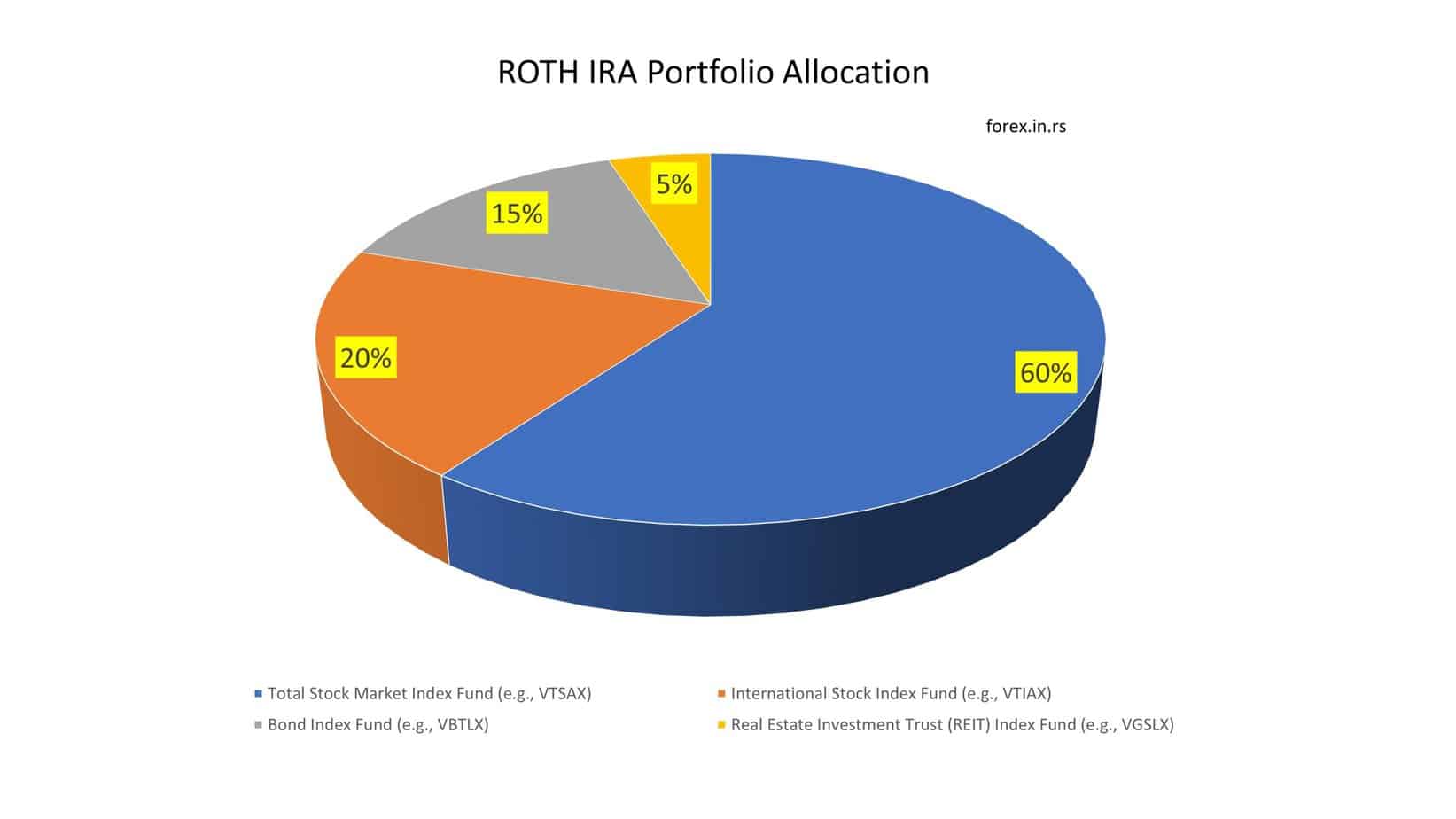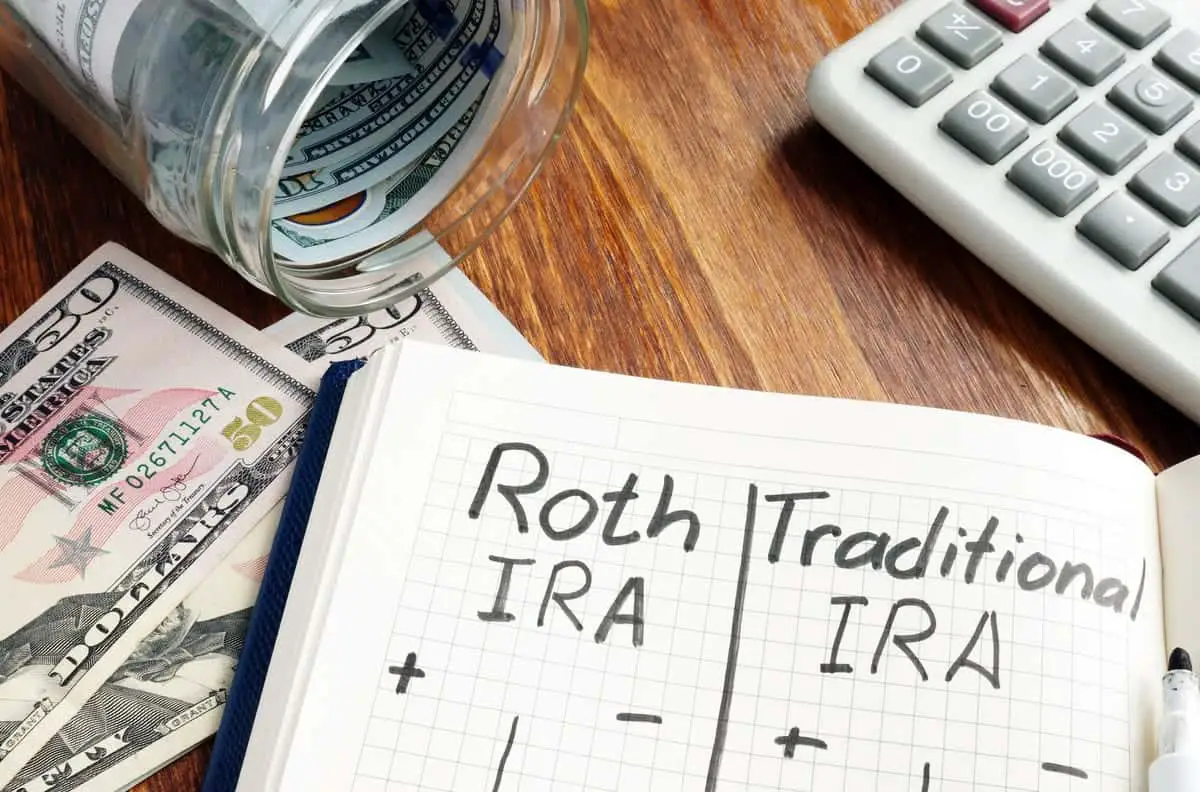Using a Roth IRA to start a business may seem like an unconventional financing method, but it is becoming increasingly popular. A Roth IRA, or individual retirement account, is an investment vehicle that allows you to save for retirement by investing in stocks, bonds, and mutual funds. Many business owners are now tapping into their Roth IRAs as a source of funding due to the tax advantages they offer.

Can I Use My Roth IRA to Start a Business?
Yes, you can use your Roth IRA to start a business. To create a business using a Roth IRA, the best method is to use Rollovers as a Business Startup (ROBS) financing method. Usually, IRAs and 401k accounts can be used to invest in start-ups, private companies, and even real estate.
The most significant advantage of using your Roth IRA to fund your business is that any money you withdraw from the account will not be taxed as income. This means that if you have significant gains on your investments in the long term, you won’t pay taxes on those gains until after age 59 1/2. This can be especially beneficial for startup business owners who may not have the capital to fund their venture without incurring taxes or taking out loans.
Of course, there are some restrictions and considerations you should take into account before withdrawing from your Roth IRA. First, any withdrawn money must be used solely for business expenses, not personal ones. Additionally, if you start money within five years of opening the account, you will pay a 10% early withdrawal penalty on the funds taken out. Lastly, you cannot use the money to purchase real estate or buy stock in companies that aren’t publicly traded.

When considering whether to use a Roth IRA to start a business, weighing such a decision’s unique risks and rewards is essential. On the one hand, education and business ventures are indeed different arenas with distinct risk profiles. While education is an investment in personal capabilities and often has a more predictable outcome, starting a business is fraught with uncertainties. True, you don’t usually encounter commitments like a long-term rental agreement for commercial property in education, which underscores the level of risk involved in business ventures.
However, the potential returns from starting a business can be significantly higher than traditional investments. It’s not just about financial gains; there’s also the fulfillment of creating and growing something of your own. The allure of potentially high returns is undeniable, but it’s crucial to remember that starting and running a business requires immense effort, often more than a full-time job. This isn’t just about financial investment; it’s about time, energy, and often a bit of your soul.
Starting a small business can be attractive for young people, especially those interested in higher-risk investments. The initial risks, though concentrated at the beginning, can lead to profitable returns. And if you’re passionate and have a viable business idea, this path can be incredibly rewarding.
Diversifying your income by building a small business isn’t inherently wrong. It can be akin to taking a calculated pay cut for potentially more significant rewards in the future, much like climbing the corporate ladder. However, it’s crucial to remember that this approach is not without its sacrifices. You might be putting your retirement savings at risk, and the success of a business is never guaranteed.
Rollovers as Business Startups (ROBS)
Rollovers as Business Startups (ROBS) is a financing method that allows entrepreneurs to use funds from their retirement accounts to start or purchase a business without incurring taxes or penalties. Here’s how it works:
- Establish a C-corporation: The first step is to establish a C-corporation for the business you want to start or purchase. This corporation will become the entity that operates the business.
- Create a new retirement plan: The next step is to create a new retirement plan, such as a 401(k) plan, for the C-corporation. This plan will be funded with rollover funds from your existing retirement account.
- Roll over funds to the new plan: Once the new retirement plan is established, you can roll over funds from your existing retirement account to the program plan. These funds can be used to purchase stock in the C-corporation.
- Use the funds to start or purchase a business: Once the funds have been rolled over to the new plan and bought stock in the C-corporation, the corporation can use the funds to start or purchase a business.
- Manage the retirement plan: you’ll need to manage the retirement plan and company business, including making any required contributions to the retirement plan and ensuring that the business complies with all applicable laws and regulations.
It’s important to note that there are potential risks and drawbacks to using ROBS as a financing method, such as the risk of depleting your retirement savings and the potential for the IRS to question the legitimacy of the arrangement. Thereforeerit’ss. It’s a good idea to consult with a financial advisor or tax professional to determine whether ROBS is the right option and ensure you understand the risks and requirements.
ROBS restrictions
As a Roth IRA owner, there are restrictions that you should be aware of if you are considering Rollovers as Business Startups (ROBS). The IRS has specific rules regarding the use of retirement funds for business purposes, including the following restrictions:
- Prohibition on self-dealing: The IRS prohibits Roth IRA owners from using their retirement funds to benefit themselves or any disqualified persons, such as their spouse, children, or business partners. This means that the funds must be used solely for the benefit of the business.
- Prohibition on using the business as collateral: The IRS also prohibits Roth IRA owners from using the business or its assets as collateral for a loan. Any loans must be unsecured and made solely on the business’s creditworthiness.
- Compliance with ERISA and IRS rules: Any retirement plan used for ROBS must comply with the laws and regulations set forth by the Employee Retirement Income Security Act (ERISA) and the IRS. This includes annual reporting, compliance testing, and compliance with contribution and distribution rules.
- Potential tax consequences: If not done correctly, any distributions from a Roth IRA to fund a ROBS may be subject to taxes and penalties. Understanding the tax implications and consulting with a tax professional or financial advisor before using retirement funds for business purposes is essential.
It’s important to remember that using ROBS as a financing method has risks and potential drawbacks and may not be suitable for everyone. Therefore, before using retirement funds for business purposes, it’s essential to carefully evaluate the risks and benefits and consult with a financial advisor or tax professional to determine the best course of action for your situation.
Despite these restrictions and considerations, using a Roth IRA to start a business can be a sage move. Not only will you benefit from the tax advantages, but if your business is successful, you will also have a large sum of money to use for retirement savings in the future. Of course, you must research and consider all angles before making this decision. Still, it could be the best option for some business owners looking for an alternative way of financing their venture.
Investing in IRA precious metals can protect your retirement fund. Investors with Gold IRAs can hold physical metals such as bullion or coins. Get a free PDF about Gold IRA.
GET GOLD IRA GUIDE
























